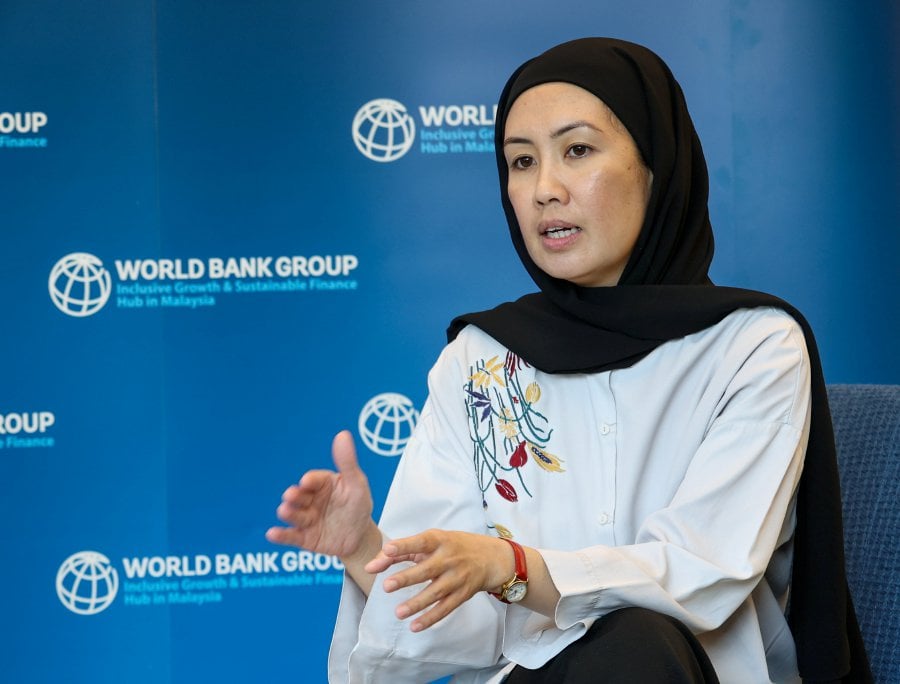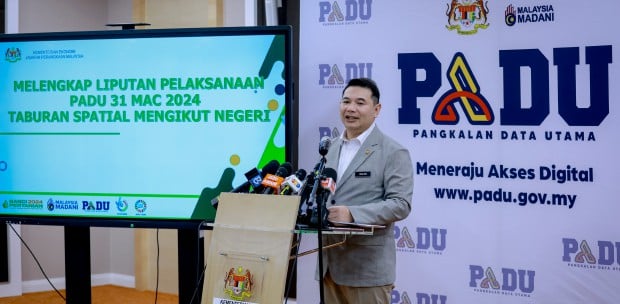KUALA LUMPUR: The sudden removal of fuel subsidies can have an impact on inflation, thus it is more appropriate to gradually float fuel prices according to market prices to reduce its impact on vulnerable groups, said a World Bank economist.
World Bank senior economist Shakira Teh Sharifuddin, said that based on their analysis, the sudden removal of fuel subsidies can cause inflation rates to increase by up to nine percent.
At the same time, effective communication is also necessary to ensure that all parties are clear about when, how, and the impact of targeted subsidies implementation.
"We need to do it gradually and indeed the Minister of Economy, Rafizi Ramli, and the Ministry of Finance has also communicated this," she said in an exclusive interview recently.
Also present was World Bank Economist, Deisigan Shammugam.
She said a gradual removal is the best approach to ensure that the implementation of targeted fuel subsidies does not have a sudden impact on the increase in prices of goods and services, thereby affecting vulnerable households.
Shakira said, in addition to good implementation mechanisms and effective communication, the removal of subsidies should be accompanied by cash assistance to affected households to reduce the impact of fuel subsidy rationalisation on vulnerable groups.
She said, usually in any subsidy reform, especially involving the transition from bulk subsidies to targeted subsidies, it should be followed by cash assistance.
"Providing cash assistance to affected households is very important. I think it is one of the reasons why the Ministry of Economy has established the Main Database (PADU) so that as many eligible households as possible can receive assistance from the government," she said.
Commenting on the views of some parties that providing cash assistance will lead to dependence of vulnerable households on government aid, Shakira has a different view.
She said, internal studies by the World Bank show that cash assistance is effective in reducing inequality and narrowing the poverty gap.
She clarified that what is important in terms of implementing cash assistance is the target group and the amount of cash assistance provided.
"What we see from PADU is to identify households eligible for assistance," she said.
Last week, Rafizi was reported to have said that the government would announce the mechanism and criteria involving subsidy rationalisation within the coming weeks.
He said, the government will provide specific explanations regarding the implications of the mechanisms and criteria that will be announced to every layer of society.
He said, 11.6 million individuals or 52.6 percent of Malaysians aged 18 and above have registered with PADU.





